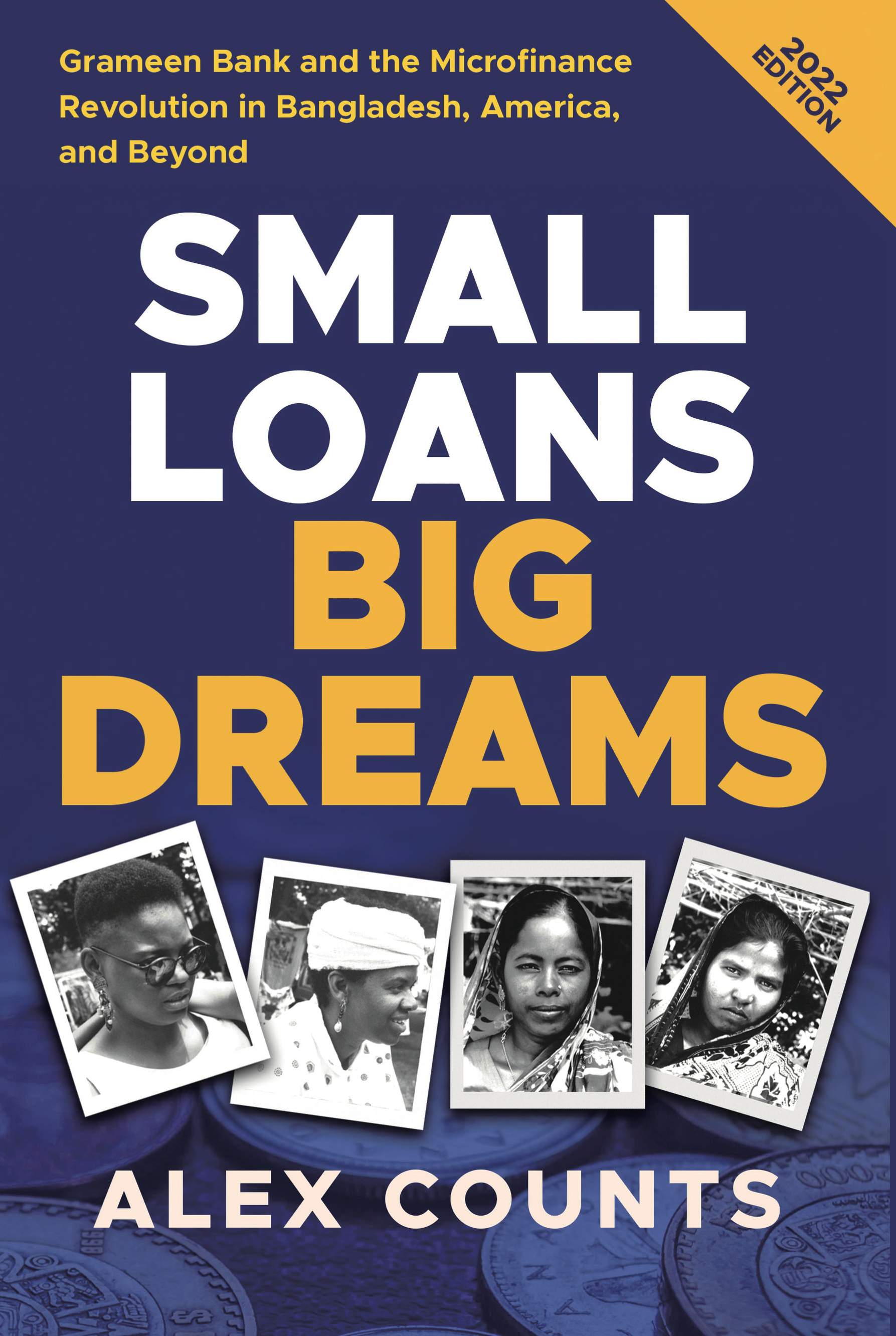Booklife Review

That sense of a movement bearing fruit powers the book. New material addresses the expansion of microfinance around the world, especially in India, Indonesia, Bangladesh, and Peru, and a corresponding reduction in poverty. Counts also touches on his work with a startup bringing microloans to the U.S., plus controversies and criticism Yunus and Grameen have faced and even some critics’ remarks about this book’s first edition. What remains most arresting, though, are up-close accounts of the theory of microfinance becoming, in real people’s lives, a path toward economic self-empowerment.
With a storyteller’s eye for the affecting detail, Counts reveals the early years of Yunus and Grameen’s efforts, in villages and the corridors of power, to bring microloans and opportunity to the “functionally landless” of Bangladesh, especially women “isolated from their society by illiteracy, poverty, and custom.” Counts’s clear-eyed, practical-minded accounts are affecting, especially nuts-and-bolts accounts of loan recipients’ first entrepreneurial efforts and what lessons they (and Counts and company) learn. The case studies here never shy away from the harshness of life or the setbacks loan recipients can face, though they (and the copious new data and research Counts presents) remain persuasive: microfinance changes lives.
Takeaway: This updated account of the history of microfinance makes the case for small loans changing lives.
Great for fans of: Helen Todd’s Women at the Center, Elisabeth Rhyne’s Mainstreaming Microfiance.
Production grades
Cover: B+
Design and typography: A
Illustrations: N/A
Editing: A
Marketing copy: A


